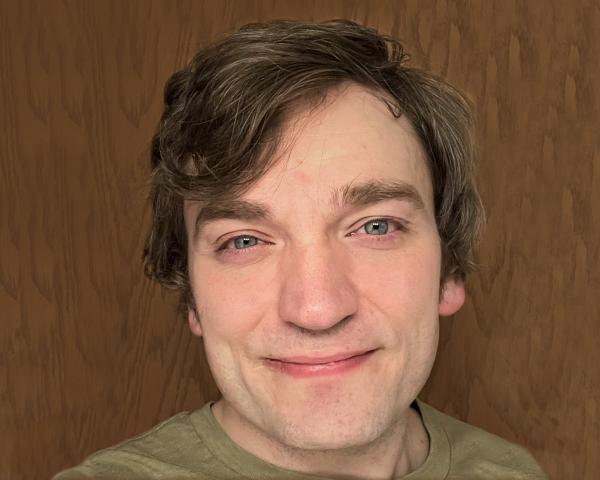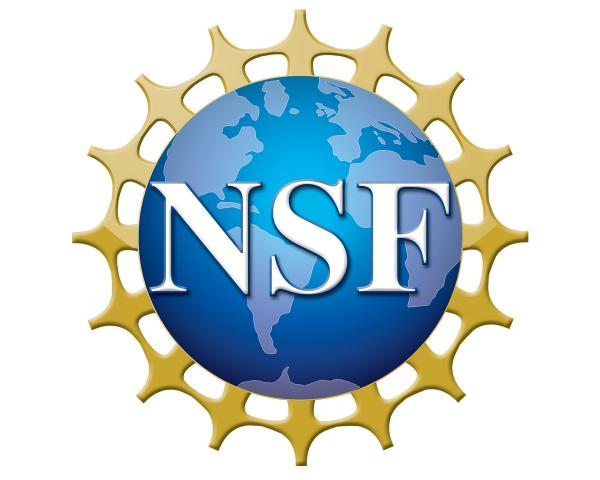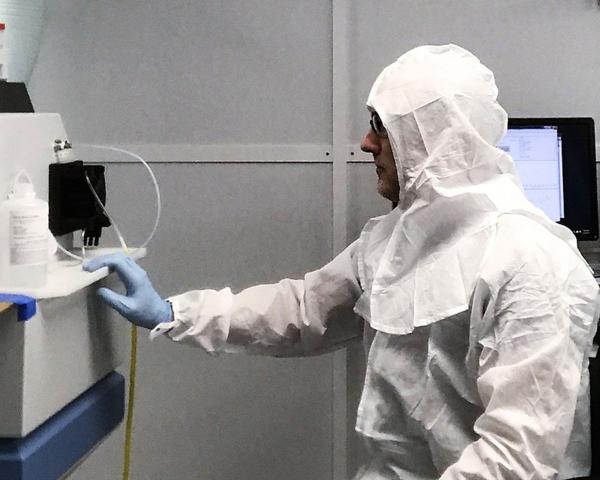 Justin Third enrolled at Minneapolis College during the start of the COVID-19 pandemic and quickly learned he had a passion and a knack for the world of information technology, disability advocacy, leadership and mentoring. A native of Alabama, he is the first in his family to pursue a college education and found possibility in what he had thought impossible.
Justin Third enrolled at Minneapolis College during the start of the COVID-19 pandemic and quickly learned he had a passion and a knack for the world of information technology, disability advocacy, leadership and mentoring. A native of Alabama, he is the first in his family to pursue a college education and found possibility in what he had thought impossible.
Happenings
$850,000 Awarded to Assist Low-Income STEM Students
 The National Science Foundation (NSF) has awarded Minneapolis College a $850,000 grant to improve Science, Technology, Engineering and Mathematics (STEM) scholastic and career opportunities for low-income students.
The National Science Foundation (NSF) has awarded Minneapolis College a $850,000 grant to improve Science, Technology, Engineering and Mathematics (STEM) scholastic and career opportunities for low-income students.
NSF Grants Create Careers, Safeguard Environment
 Minneapolis College will be announcing the 2021 National Science Foundation (NSF) Scholarship winners soon, students who will be stepping into the footprints of many College alumni like former grant honorees Teresa Chen and James Lawton.
Minneapolis College will be announcing the 2021 National Science Foundation (NSF) Scholarship winners soon, students who will be stepping into the footprints of many College alumni like former grant honorees Teresa Chen and James Lawton.
Century College Awarded $825,000 from the National Science Foundation to Support STEM Students
Dr. Jessica Bell, Biology Faculty, Receives Minnesota State Innovative Partnering and Collaboration Award.
Meet Century College Chemistry Professor Joann Pfeiffer
How a Minnesota greenhouse acquired a diverse plant collection from around the globe—and how it all thrives under one roof

On the Spot Q&A with Assistant Professor Leon Van Eck
Read the original article on Augsburg Now
NSF GRANT SUPPORTS MATHEMATICS AND DATA FOR SOCIAL JUSTICE SUMMER SEMINAR

How does math explain the real world?
This question has been at the heart of Professor John Zobitz’s career as a mathematician and data scientist. Now he’s working to help other faculty bring a social justice lens to mathematics and statistics education.
With a $50,000 grant from the National Science Foundation, Zobitz and colleagues from Concordia College–Moorhead, Winona State University, and Anoka-Ramsey Community College will convene an inaugural three-day conference for math instructors this summer.
The Mathematics and Data for Social Justice Summer Seminar aims to help faculty at two- and four-year colleges teach math in context, using examples such as credit risk modeling or differential impacts from climate change to illustrate core concepts.
From a teaching standpoint, this means seeking out appropriate data sets, exploring local issues, and developing greater capacity to manage classroom conversations about social justice. Seminar facilitators include Gizen Karaali and Lily Khadjavi, editors of “Mathematics for Social Justice: Resources for the College Classroom,” to which Zobitz was a contributing author.
After this summer’s gathering, the organizers aim to develop a community of practice that will provide ongoing collaboration and peer support as faculty work to make their teaching more culturally relevant and responsive. They will also share lessons and curricular resources with other institutions through the Mathematical Association of America’s regional conference.
“Our goal is to enact change in the classroom by starting at the instructor level,” said Zobitz. “But we also hope that this seminar will serve as a model for professional development aimed at advancing equity in STEM fields.”
Communication and Collaboration in Green Chemistry at Augsburg University
Michael Wentzel, Associate Professor and Chair of the Department of Chemistry at Augsburg University, develops green synthetic methods within the field of sustainable chemistry, focusing both on developing new experiments with undergraduate researchers and on communicating about green chemistry methods and results to the general public. His varied interests and initiatives exemplify the importance of communication for the sciences and the power of collaborations across departments, institutions, and nations.
Augsburg Awards and Grants


